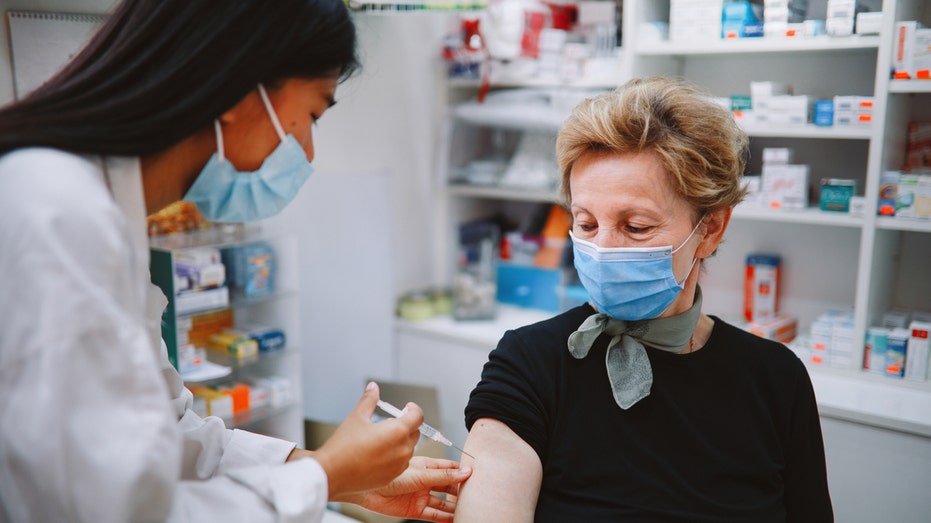The Food and Drug Administration (FDA) has approved the first respiratory syncytial virus (RSV) vaccine for use in the U.S., the public health agency announced on Wednesday.
The drug, called Arexvy, is approved for use by people 60 years and older to prevent RSV, which is a lower respiratory tract disease.
“Older adults, in particular those with underlying health conditions, such as heart or lung disease or weakened immune systems, are at high risk for severe disease caused by RSV,” said Dr. Peter Marks, PhD, director of the FDA’s Center for Biologics Evaluation and Research in Silver Spring, Maryland, in the FDA’s announcement.
RSV SURGE RAISES QUESTIONS ABOUT REPEAT CASES: CAN YOU OR CHILD GET IT AGAIN?
“Today’s approval of the first RSV vaccine is an important public health achievement to prevent a disease which can be life-threatening and reflects the FDA’s continued commitment to facilitating the development of safe and effective vaccines for use in the United States,” he continued.
A common respiratory virus that is highly contagious, RSV generally causes mild, cold-like symptoms that usually last a week or two, according to the Centers for Disease Control and Prevention (CDC).
LOWER RESPIRATORY INFECTIONS WHEN YOUNG COULD BE LINKED TO EARLIER ADULT DEATHS: STUDY
For people in some high-risk groups, including older adults and babies, the virus can cause more serious conditions.
In older adults, RSV infections can lead to lung infection or pneumonia, and also could cause complications in those who have asthma, heart disease, weak immune systems or chronic obstructive pulmonary disease (COPD), per the CDC.
Around 60,000-160,000 older adults are hospitalized in the U.S. with RSV — and up to between 6,000-1,000 die from the virus, the CDC states.
The FDA conducted an “an ongoing, randomized, placebo-controlled clinical study” to ensure Arexvy’s safety and effectiveness of a single dose for people 60 years and older, according to the announcement.
CLICK HERE TO SIGN UP FOR OUR HEALTH NEWSLETTER
Of the 25,000 study participants, half received the vaccine and half received a placebo.
“The vaccine significantly reduced the risk of developing RSV-associated LRTD (lower respiratory tract infection) by 82.6% and reduced the risk of developing severe RSV-associated LRTD by 94.1%,” the FDA said.
The most common side effects reported in the study were injection site pain, muscle pain, fatigue, joint pain/stiffness and headache.
Article Source: Health From Fox News Read More




